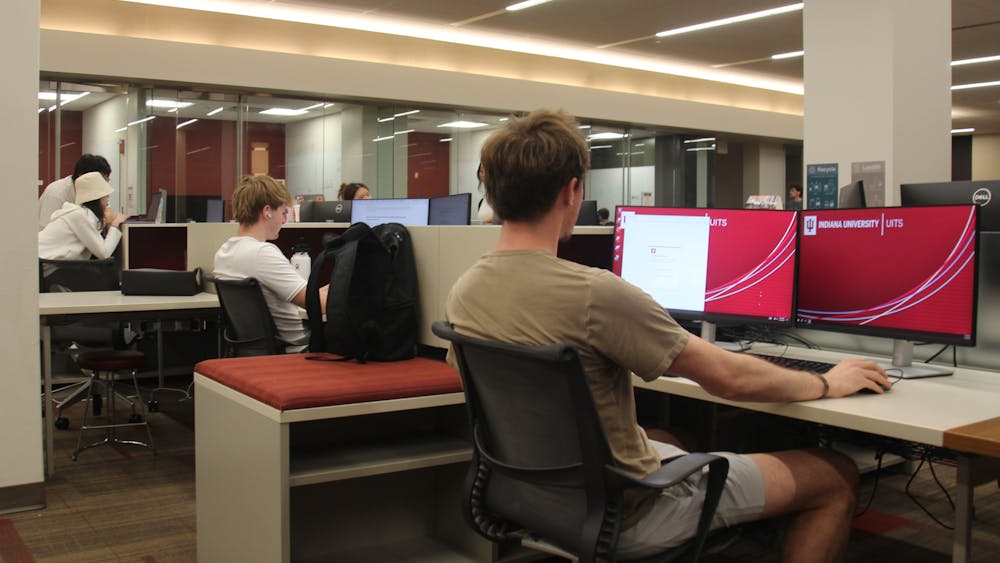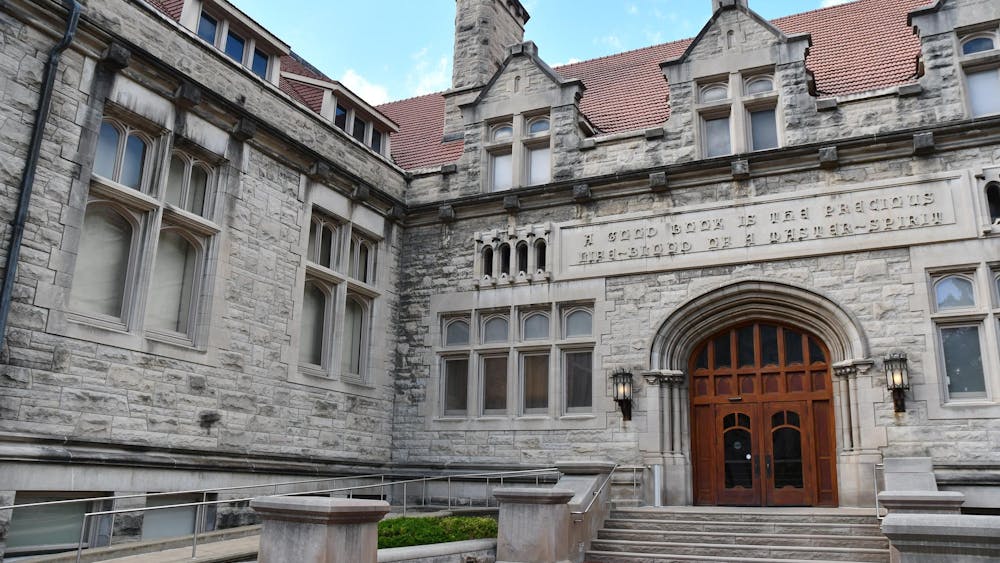Chicago alderman Ameya Pawar recently introduced a piece of legislation that would make Chicago the largest municipality in the U.S. to test out universal basic income (UBI) with aspirations of solving the poverty crisis in the city.
UBI schemes entail giving a standard cash allowance to people, regardless of need, no questions asked. This specific program would henceforth provide 1,000 families with at least $500 per month. The families can do whatever they want with the cash; it is truly the closest one can get to free money.
Chicago is home to roughly 2.7 million people, yet somehow giving just 1,000 people a monthly allowance is going to fix the poverty rate.
The text of the legislation does not even specify the means by which the city would choose those who will benefit from the program.
Chicago is not actually the first city to experiment with giving people free money. Stockton, California, also recently introduced a similar program in which it will give 100 people $500 per month in order to ensure no one in its city of roughly 300,000 people live in poverty.
Even though these programs are primarily funded by private individuals, Chicago is obtaining portions of the money from city funds — tax payers. These programs are inarguably the first signs of an American socialist mindset.
Margaret Thatcher once said, “The problem with socialism is that you eventually run out of other people's money,” and she was absolutely correct.
In the late 1960s and early 1970s, government officials took part in a social experiment to see what people would do when promised money, known as the Denver Income Maintenance Experiment (DIME). The primary results of the experiment were that people’s lives were ruined or made much more difficult after it was all said and done.
The government promised families a monthly allowance of taxpayer dollars for the next 20 years. The government ran out of funding before the 20 years was up, and ceased to give the families any more money. During the short time the families were receiving the money, they changed their lives rather dramatically. Some people went back to school, some bought nicer houses and cars, some even had children with the knowledge of financial stability.
However, at the same time, some people quit their jobs and lived off of the relatively small amount of money they received from the government.
Although this program seemed to benefit some from the start, they all suffered once they ceased to receive any more money. The original purpose of the social experiment was to better understand what people would do with free money, however, the biggest findings were how people were affected once withheld the promised money. With a perception of future financial stability, families made radical decisions, did not save money for emergencies and often fell into a deeper level of poverty after the experiment was over.
Neither taxpayers nor private companies will be able to permanently fund a free-money welfare system, and similar results from DIME will ensue in places like Chicago.
There is a significantly simpler solution to solving poverty crises across the country: jobs.
Free money will not supplement a person’s financial or moral wealth. The only way to build dignity and financial stability is through honest, hard work.
Chicago and similar cities need to focus on rebuilding their financial and employment infrastructures instead of further diminishing it by essentially writing checks in other people’s names.






